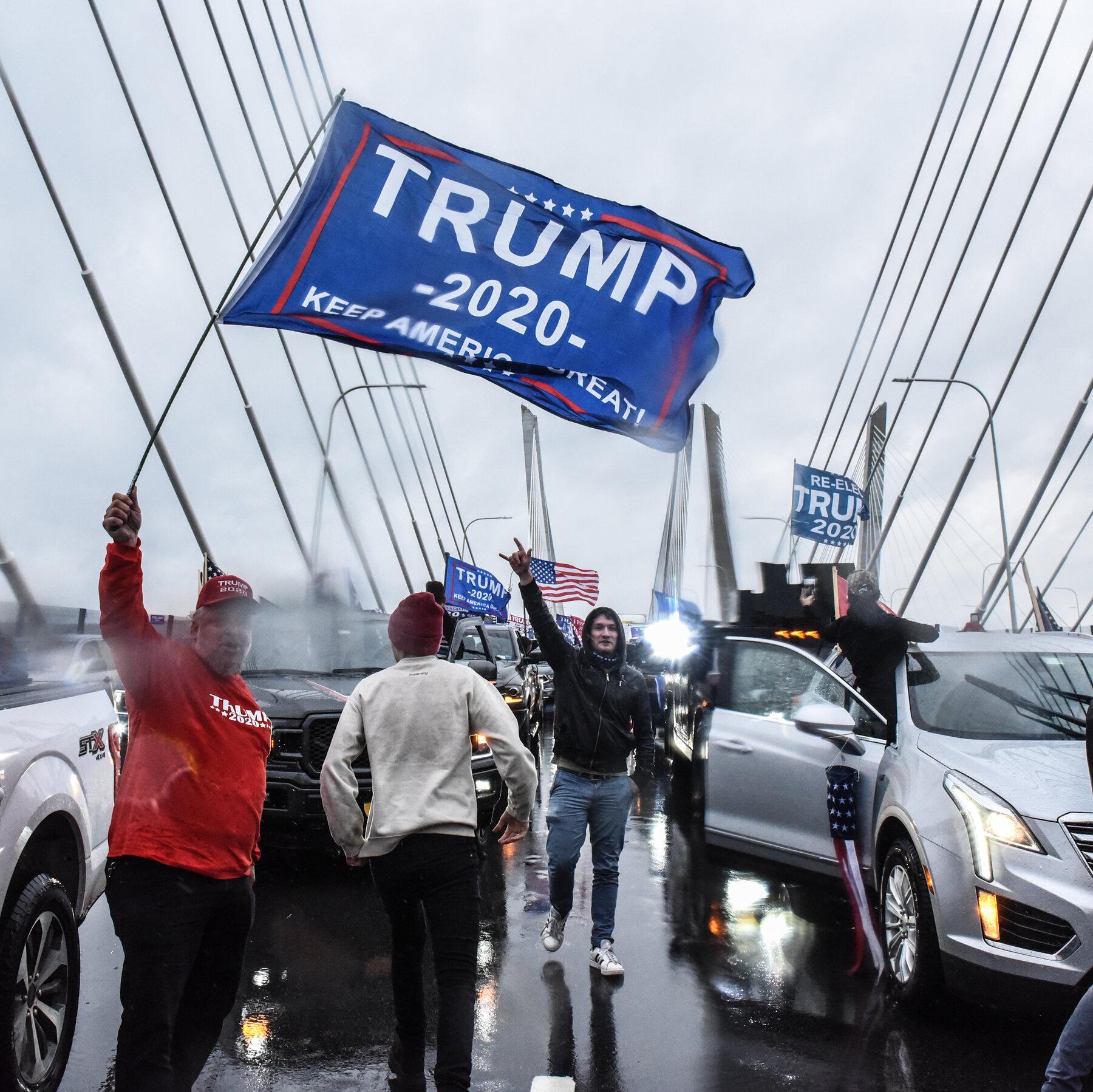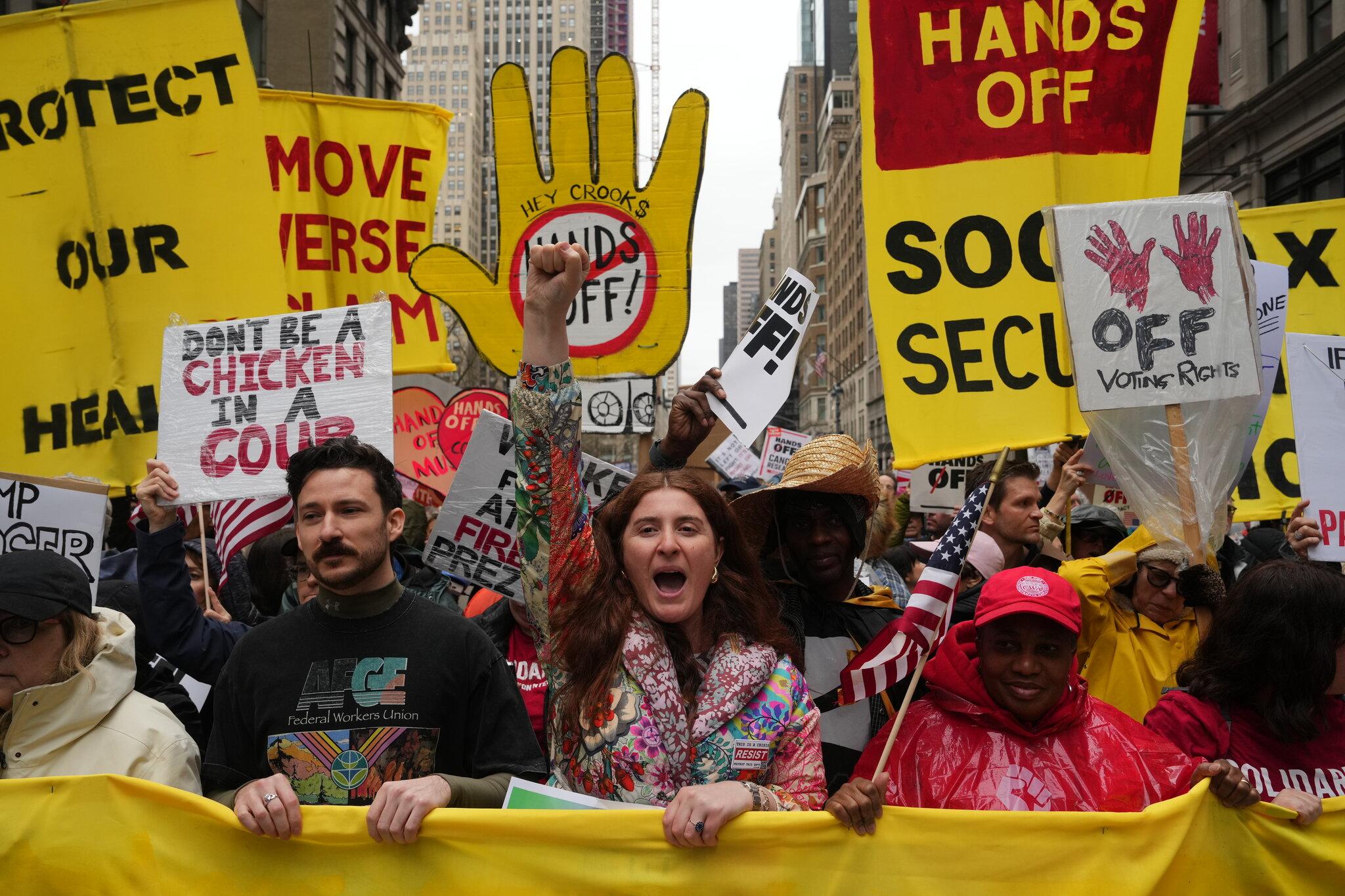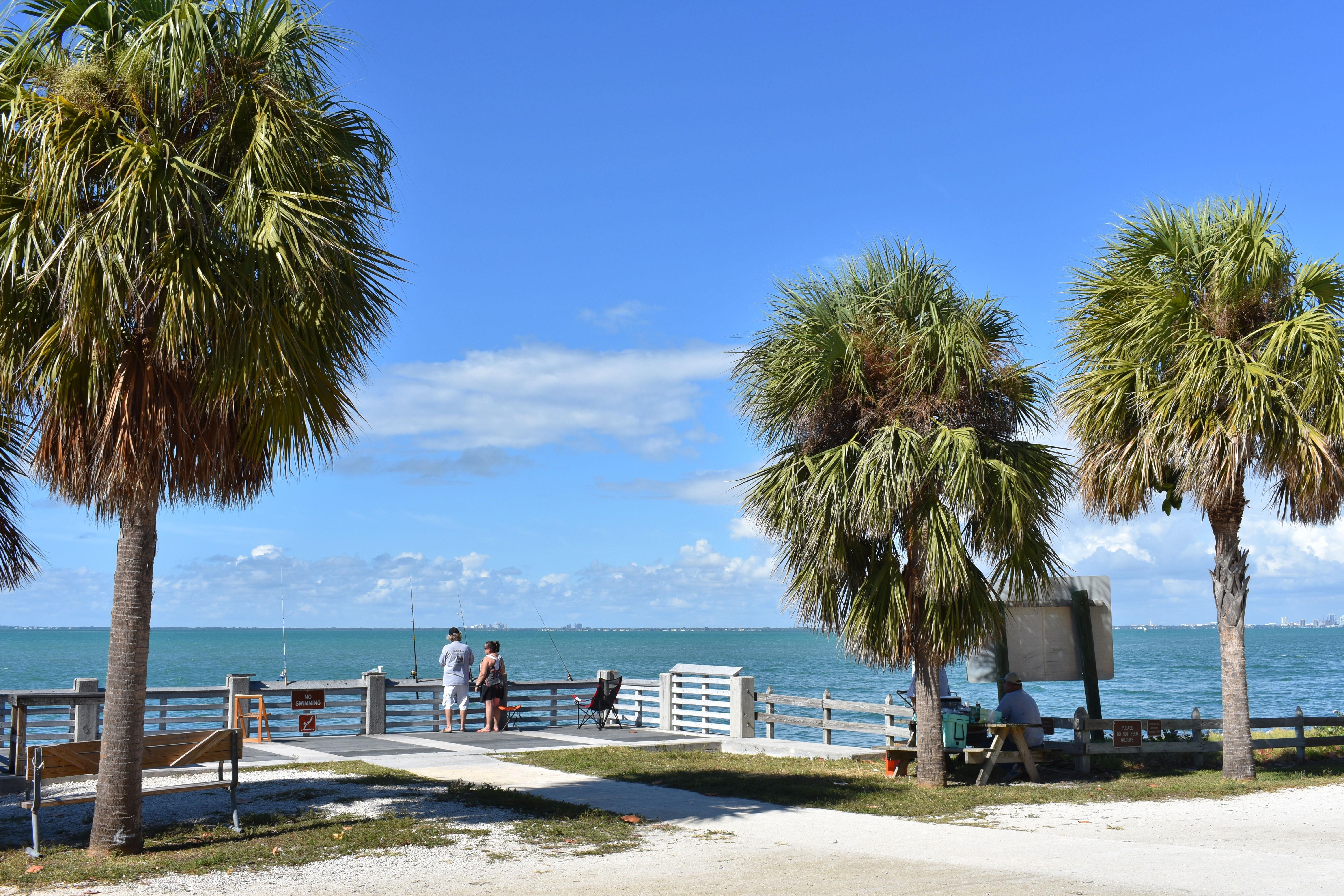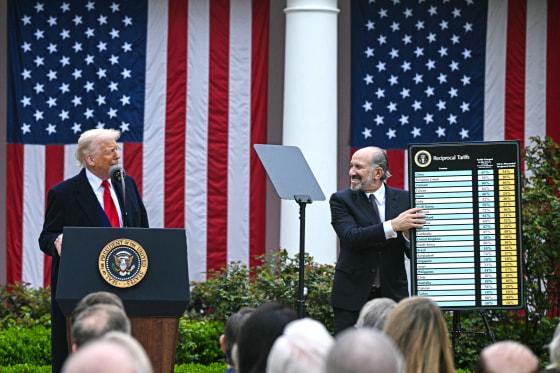In recent months,the Treasure Coast has found itself woven into a complex tapestry of political activity,where the clash of policies meets the rhythm of daily life. As former President Donald Trump visits the area, his presence has ignited disruptions that ripple through the community—traffic congestion, heightened security, and a backdrop of passionate protests. Interestingly, while shadows of controversy surround his policies, a important legislative effort is underway, aiming to bolster state parks. this article delves into the delicate balance between local governance and national politics, exploring how these contrasting elements are shaping the lived experiences of residents on the Treasure Coast. As we navigate this landscape, we invite you to consider the implications of Trump’s visits, the outcry from activists, and the overarching push to protect the natural beauty of Florida’s parks.
Impact of Trump’s Traffic disruptions on Local Communities
The surge in traffic disruptions caused by Trump’s frequent engagements, whether it’s attending golf outings or addressing political rallies, has had significant repercussions for local communities. these interruptions not only frustrate daily commuters but also contribute to heightened levels of air pollution and increased travel times. Residents and local businesses often find themselves caught in the chaos, as vital routes become blocked or heavily congested. The impact is especially pronounced during peak hours, when locals are trying to reach workplaces or schools. This leads to a ripple effect on the local economy, where businesses reliant on smooth traffic flow may experience decreased foot traffic and sales.
In response to these challenges, community members are rallying together to advocate for more sustainable solutions. Local protests have emerged, targeting not just traffic disruptions but also broader policies associated with Trump’s governance that may affect community wellbeing. Meanwhile, there is a push to support state parks and maintain green spaces that provide refuge from urban congestion.The collaboration of local advocates is crucial, as they work to highlight the benefits of state parks, which serve as critical resources for enhancing community health and connectivity. Initiatives to promote outdoor spaces are gaining traction as residents seek to find balance amid the disruptions.

The Intersection of Golf, Politics, and Public Sentiment
Your average golf game is frequently enough seen as a leisurely activity, but when it intersects with political dramas and public sentiment, the stakes get higher. The former president’s frequent outings on the green have drawn a spotlight not just on his love for the sport, but also on the ramifications of his policies. While some lament the traffic disruptions caused by his visits, others engage in peaceful protests, voicing their discontent with various government initiatives. This duality creates a unique dynamic, revealing how sports can serve as both a reprieve from and a reflection of current sociopolitical climates.
Meanwhile, as certain groups rally against the former president’s policies, they also advocate for positive legislative changes, such as supporting the state parks bill. This bill represents an effort to enhance and preserve public spaces that resonate with the community’s values. highlights a broader narrative: the power of leisure activities to influence civic engagement. As golfers and protesters navigate this complex landscape, society witnesses how personal pastimes can become intertwined with larger political and social movements.

Understanding the Motivations Behind Recent Protests
The recent wave of protests has emerged as a significant response to a myriad of policies that many perceive to undermine social justice, environmental protection, and community welfare. Activists and concerned citizens have gathered in various locations, driven by a shared belief that change is necessary. Among the issues sparking unrest are economic disparities, systemic racism, and environmental degradation. Demonstrators are not simply voicing dissent; they are articulating the frustrations stemming from policies that seem to favor corporate interests over community needs, illustrating a growing divide between government decisions and public sentiment.
In particular, the protests targeting Trump’s administration reflect a pivotal moment in grassroots activism, where individuals are mobilizing around shared causes. These gatherings serve as platforms for collective action, challenging not only specific policies but also seeking to reshape the narrative around governance and accountability. Moreover, movements advocating for the protection of state parks highlight a renewed appreciation for natural spaces, as communities march to uphold not just their immediate rights but also the preservation of their surroundings for future generations. this intersection of policy and public demonstration signifies a critical juncture in the ongoing dialogue about the direction of national priorities.

Support for State Parks Bill Amidst Political Unrest
The ongoing political unrest and protests against various policies have highlighted the need for unity and action within our communities. As attention shifts towards environmental preservation,the proposed bill to support state parks gains traction as a beacon of hope. Advocates argue that maintaining and enhancing our local parks is essential, especially during times of heightened tension. State parks not only offer recreational opportunities but also play a crucial role in protecting biodiversity, supporting local economies, and promoting mental health through access to nature. By backing this initiative, citizens can express their commitment to public spaces while countering divisive political narratives.
Numerous organizations and community leaders are rallying behind the state parks bill, recognizing its potential to foster collaboration across party lines. The initiative aims to provide increased funding and resources, ensuring that parks remain accessible for future generations. Supporters emphasize the following key benefits:
- Boosts tourism: Parks attract visitors, enhancing local economies.
- Enhances conservation efforts: Funding aids in preserving natural habitats.
- Promotes wellness: Access to nature is linked to improved mental and physical health.
If passed, this legislation could signify a collective step forward, reminding us that despite differences, there is a common ground in protecting our natural treasures. Together, we can bless our state parks with the resources they need to thrive, thereby reinforcing the bond between our communities and the environment.
Wrapping Up
In a landscape where politics, recreation, and public sentiment intersect, the actions of prominent figures like Donald Trump continue to provoke discussion and debate. As he navigates the links and faces protests against his policies, Florida’s Treasure Coast witnesses a complex dance of public opinion and legislative progress. Whether through the disruptions of daily life or the push for state parks, the implications of these events resonate deeply within the community. as we move forward, it remains crucial to engage with these developments critically, reflecting on how they shape our environment and collective future. Stay tuned to Treasure Coast News for updates on these evolving stories, where every swing of the golf club and every protest reveals the intricate tapestry of politics in action.

